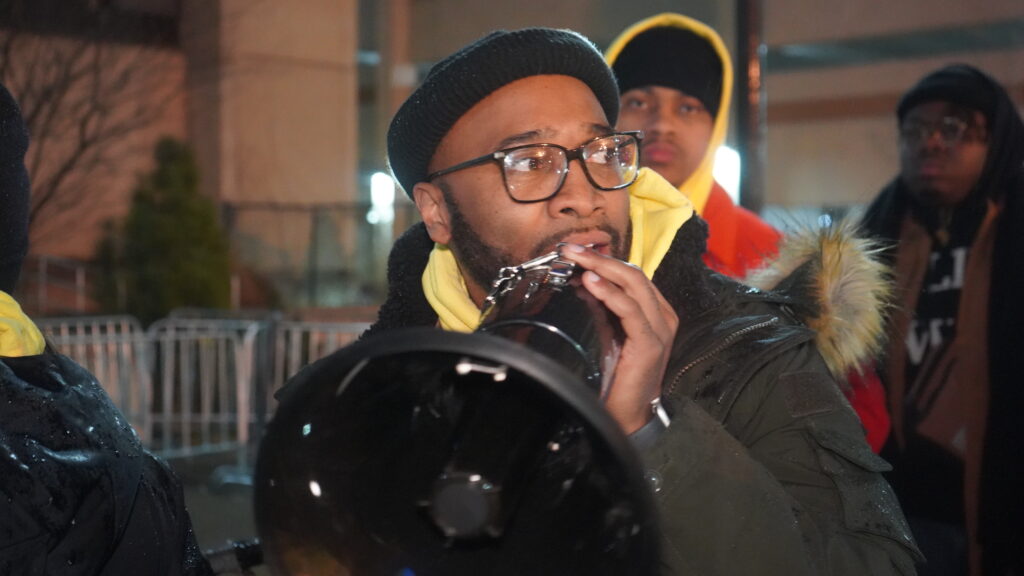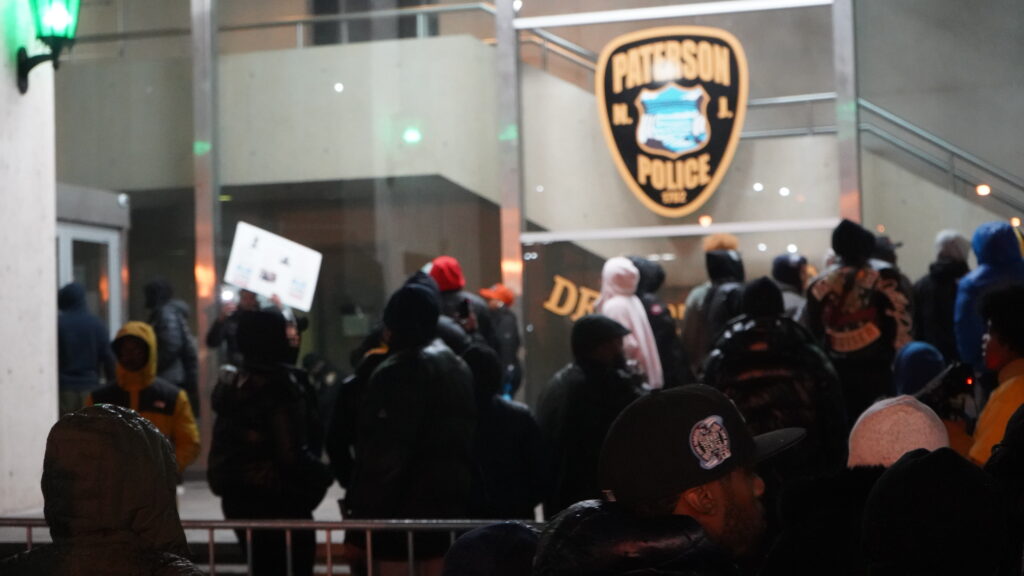On Friday, Governor Phil Murphy enacted the Seabrooks-Washington Community-Led Crisis Response Act, marking a new approach to mental health crisis management.
The law introduces a Community Crisis Response Advisory Council and a pilot program in six counties: Essex, Mercer, Middlesex, Passaic, Hudson, and Camden. Funded by $12 million in grants, this initiative honors Najee Seabrooks and Andrew Washington, both fatally shot by police in 2023. It aims to transform crisis intervention in New Jersey, officials said.
The law empowers cities and towns within these counties to establish Community Crisis Response Teams, or CCRTs, with eligible municipalities vying for grants of up to $2 million for CCRTs.
“I am honored to sign the Seabrooks-Washington Community-Led Crisis Response Act to help those suffering from mental health crises,” Gov. Murphy said. “In times of need, we want to do everything we can to protect those in crisis and get them timely help and health. I’d also like to recognize the grassroots organizations that have been on the ground doing this work for years. Their work was the inspiration for several of our programs, and their collaboration has helped us reach this point in our efforts.”
The law’s enactment comes in the wake of an incident on March 3, where Paterson Police fatally shot Seabrooks after a four-hour altercation, during which they denied the Paterson Healing Collective, a group Seabrooks belonged to, the opportunity to de-escalate the situation.
CCRTs will provide on-site, community-based intervention, including outreach, de-escalation, stabilization, resource connection, and follow-up support, ideally incorporating certified peer counselors, according to language in the bill.
The law received positive reactions from social justice and violence intervention groups.
By legalizing the ‘All hands on Deck’ approach to crisis response, this bill leaves less room for failure,” the Paterson Healing Collective said in a statement on Friday. “We wish this level of support was available to Najee, however we are heartened that this bill can prevent the next family/community from experiencing such a great loss. We express profound gratitude for this forward step, which contributes to an ecosystem of public safety centered on healing.”
Black Lives Matter Paterson applauded the law’s passage. The community group urged additional steps, including permitting civilian complaint review boards with subpoena power, particularly in cities like Paterson, where distrust of local law enforcement is prevalent.
“Everyone’s life is valuable, and everyone deserves care and protection, especially the most vulnerable among us. Having a mental health crisis or having substance use disorder doesn’t make you any less deserving of patience and support. In those moments where individuals are most vulnerable to be harmed, they need community crisis teams to ensure they live to see another day,” said Zellie Thomas, a founding member of BLM Paterson.

The Murphy Administration highlighted the Act as part of several crisis response initiatives, including the ARRIVE Together — a recently established program in select counties that pairs New Jersey cops with mental health specialists on behavioral health crises.
The law requires the newly created advisory council to submit an annual report on the effectiveness of community-based crisis intervention programs.
It comes at the beginning of a new legislative session, marked by Democrats increasing their majorities in both the Assembly and the Senate, and days after Governor Murphy’s State of the State address, where he highlighted funding for community-based crisis intervention.
The future of public safety will increasingly look to community members to determine what they need to be safe, and together we will look at every kind of violence as a public health issue. We are proud that New Jersey continues to embrace these strategies and expect our state to continue to lead,” said Mona Cadena, Equal Justice USA.
The law is also part of the “People’s Lame Duck Agenda,” a set of bills supported by groups like the New Jersey Black Empowerment Coalition Action Network. These bills aim to enhance the quality of life for marginalized communities. While NJBECAN views the law as a positive step, they believe more effort is necessary to achieve fairer outcomes for Black residents across New Jersey.
“This past summer, our inaugural Equitable Opportunity Scorecard highlighted that over 70% of impactful legislation does not move beyond the introduction stage in Trenton,” said Tomas Varela, Executive Director of the New Jersey Black Empowerment Coalition Action Network.
“While some achievements, such as the Seabrooks-Washington Community-Led Crisis Response Act, Community Wealth Preservation Program, and New Jersey Domestic Workers Bill of Rights Act, came through during lame duck session, much more work needs to be done in addressing the racial divide in New Jersey. Clearly, this is no time to pump the breaks. Our job in the coming months will be to ensure promises made this lame duck come to fruition and that we continue to fight for policies that prioritize equality and fairness in the State,” Varela said.

